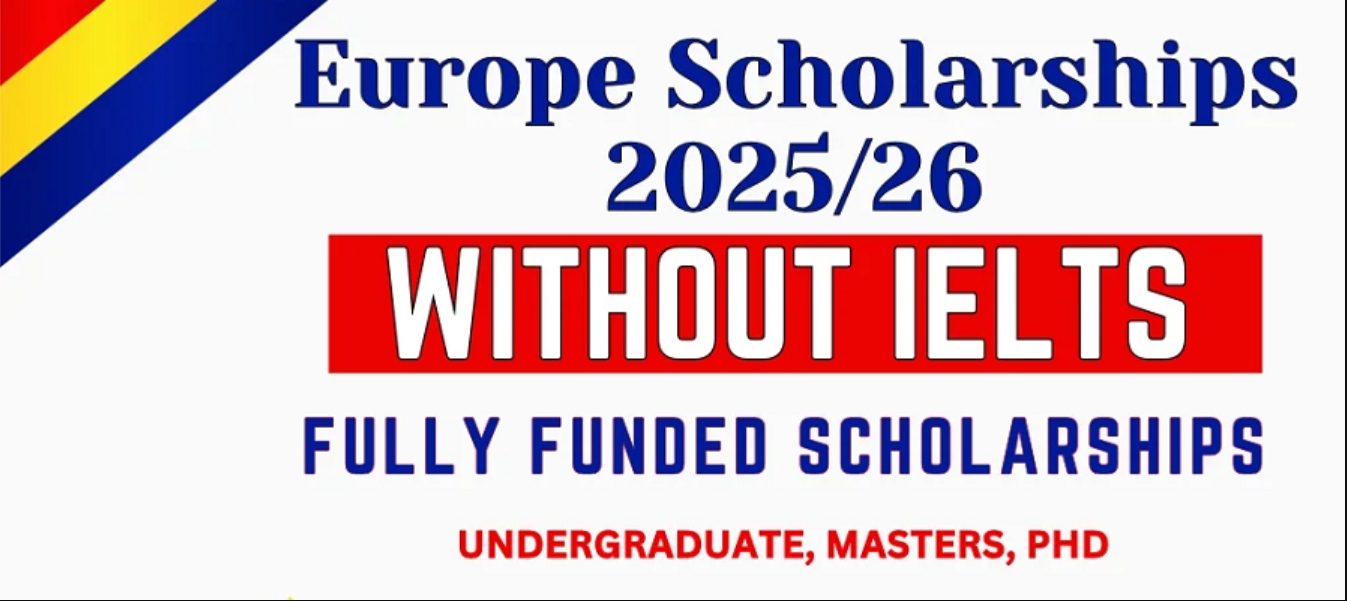Here’s a revised and unique outline of scholarships in Belgium for the 2024/25 academic year that may not mandate IELTS. Always verify specific requirements and deadlines with scholarship providers or universities for the most accurate information.
- Erasmus Mundus Joint Master’s Scholarships
Many Erasmus Mundus programs in Belgium do not explicitly require IELTS. Check individual program guidelines to confirm language requirements. - ARES Government Scholarships
The Belgian ARES scholarships, aimed at students from developing countries, may offer flexibility on language tests like IELTS. Review specific program details for confirmation. - University-Specific Funding
Prestigious Belgian institutions like KU Leuven, Ghent University, and the University of Brussels often provide scholarships that may waive IELTS requirements. Explore their funding options directly on university websites. - Research-Based Scholarships
Organizations such as the Belgian American Educational Foundation (BAEF) or Research Foundation – Flanders (FWO) offer research-focused scholarships. Language requirements may vary, so confirm with the provider. - English-Taught Program Exemptions
Many Belgian universities offer programs in English, and enrolling in these may eliminate the need for IELTS. Always check with the specific institution for language policies. - Language Test Waivers
Some universities may exempt candidates from IELTS if they have prior education in English or can demonstrate proficiency through other means. Contact the admissions office for details. - VLIR-UOS Scholarships
VLIR-UOS provides funding for students from developing nations. While language proficiency is preferred, exemptions may be granted based on academic background. - Flemish Community Funding
The Flemish Community offers scholarships that may not strictly require IELTS, particularly for non-native English speakers. Explore their official portals for eligibility details. - Art and Design Grants
For students pursuing creative fields like art or design, some Belgian institutions prioritize portfolios over standardized language tests. Check with art-focused schools for specific criteria. - Corporate-Sponsored Scholarships
Belgian companies and industry organizations sometimes fund international students. These opportunities may focus on skills or academic merit rather than language tests. - Cultural Exchange Initiatives
Programs promoting cultural collaboration may offer scholarships with relaxed language requirements. Look into organizations fostering global partnerships. - Professional Association Grants
Joining field-specific professional networks in Belgium can unlock scholarship or grant opportunities, often emphasizing expertise over language proficiency. - Research Institute Funding
Belgium’s renowned research centers may provide scholarships with flexible language criteria. Investigate opportunities through institutes like VIB or IMEC. - Language Proficiency Alternatives
Certain programs may accept alternative proof of English proficiency, such as previous education in English or other language certifications. Verify with the scholarship provider. - Humanitarian and Development Scholarships
NGOs and development-focused organizations in Belgium may offer scholarships with lenient language requirements. Explore options through international aid agencies. - Collaborative Programs with English-Speaking Countries
Belgian universities often partner with institutions in English-speaking nations, potentially waiving IELTS for joint programs. Check for such collaborations. - STEM and Innovation Scholarships
Scholarships for STEM fields may prioritize technical expertise over language test scores. Look for funding in technology and innovation sectors. - International Exchange Agreements
Exchange programs between your home institution and Belgian universities may include language test exemptions. Contact your university’s international office for details. - Online Courses as Proof of Proficiency
Completing English-taught online courses or MOOCs may serve as evidence of language ability for some programs. Confirm acceptability with scholarship providers. - Country-Specific Bilateral Scholarships
Some countries have agreements with Belgium for scholarships, which may not require IELTS. Explore diplomatic or bilateral funding options through your home country.
Application Tips
- Monitor scholarship deadlines closely and tailor applications to meet specific criteria.
- Prepare strong recommendation letters and academic documents.
- Contact university international offices or scholarship providers for guidance on language waivers or alternative requirements.
What is IELTS?
IELTS (International English Language Testing System) is a globally recognized test assessing English proficiency for study, work, or migration in English-speaking countries. It evaluates four skills:
- Listening: Understanding spoken English in various contexts.
- Reading: Comprehending written texts.
- Writing: Expressing ideas clearly in written form.
- Speaking: Communicating effectively in verbal interactions.
Scores range from 0 to 9, with institutions setting specific band score requirements. Candidates typically take either the Academic or General Training module based on their goals.
Always double-check eligibility and language requirements with scholarship providers or universities, as conditions may change for the 2024/25 academic year.
